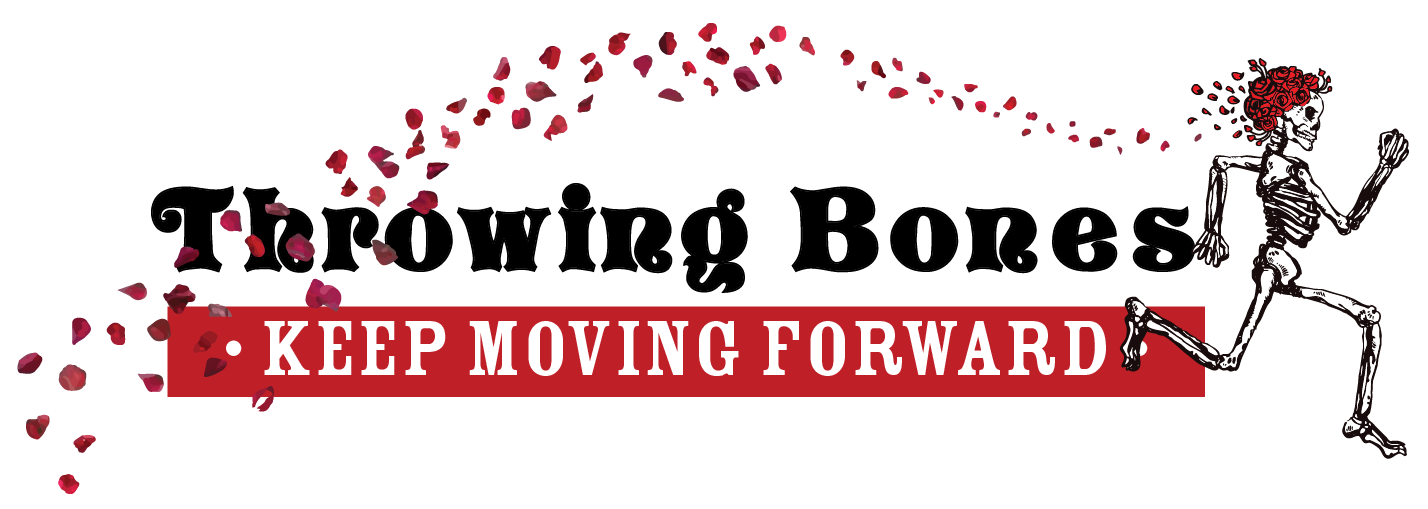Throwing Bones Coaching Network
Throwing Bones proposes to initiate the Throwing Bones Coaching Network – movement and life coaches for individuals with blood cancer at low or no cost to the patient-athletes beginning in the year 2021.
The coaches will meet with the individuals with blood cancer at designated gym sites (such as the YMCA or Cancer Active Clinics), virtually (telehealth), or at the individual’s home. As the program evolves, an app, to assist with tracking results, monitoring improvement and enabling a visual connection with the coach will be developed. The Network will connect individuals with blood cancer with health and wellness coaches through an online portal (and eventual phone app) for regularly scheduled consults.
Telehealth/telemedicine in fitness would make fitness as a preventative and reactive medicine both affordable and accessible to those patients with inadequate resources (transportation, insurance, education, etc.).
Cost for 2020: $26,368
GOALS:
- To positively impact blood cancer patients by providing access to health and wellness coaches, both online and in-person, who provide information and personal assessment of the patient-athlete’s current fitness abilities and limitations, and also connection to local resources for improving and maintaining their fitness levels.
- To make fitness as a preventative and reactive medicine both affordable and accessible to those patients with inadequate resources (transportation, insurance, education, etc.)
- Connecting patients with Cancer Certified Fitness, Nutrition and Life Coaches ● Low or no cost, in-person or virtual health, wellness and nutrition training. ● Develop Blood Cancer Coach Certification
- Blood Cancer Coach (BCC). A BCC’s role is to assess, activate, engage and educate Blood Cancer Patients on optimal health and wellness through cancer and cancer treatment.
- Certified coaches and fitness instructors, preferably have specialized focus on assisting patients with cancer, or who otherwise have need to be trauma informed/aware.
○ Coaches should be aware of
■ How different treatments and surgeries impact physical mobility, posture and daily activities
■ Signs and symptoms of upper and lower extremity lymphedema and how to prevent and manage them
■ How to perform a full-body postural assessment and range of
motion assessment
■ How to develop a comprehensive therapeutic exercise program to help correct muscle imbalance and range of motion limitations
■ How to develop sensible periodization principles based on the
client’s age, fitness level, reaction to treatment and/or length of
survivorship
Data Collected:
- Outcomes – results patients achieve due to therapeutic coaching intervention ● Monitoring of medical needs and underlying health conditions
- Monitoring of financial, social and familial stressors
- Access to fitness resources
- Nutrition – tracking of nutrition intake
